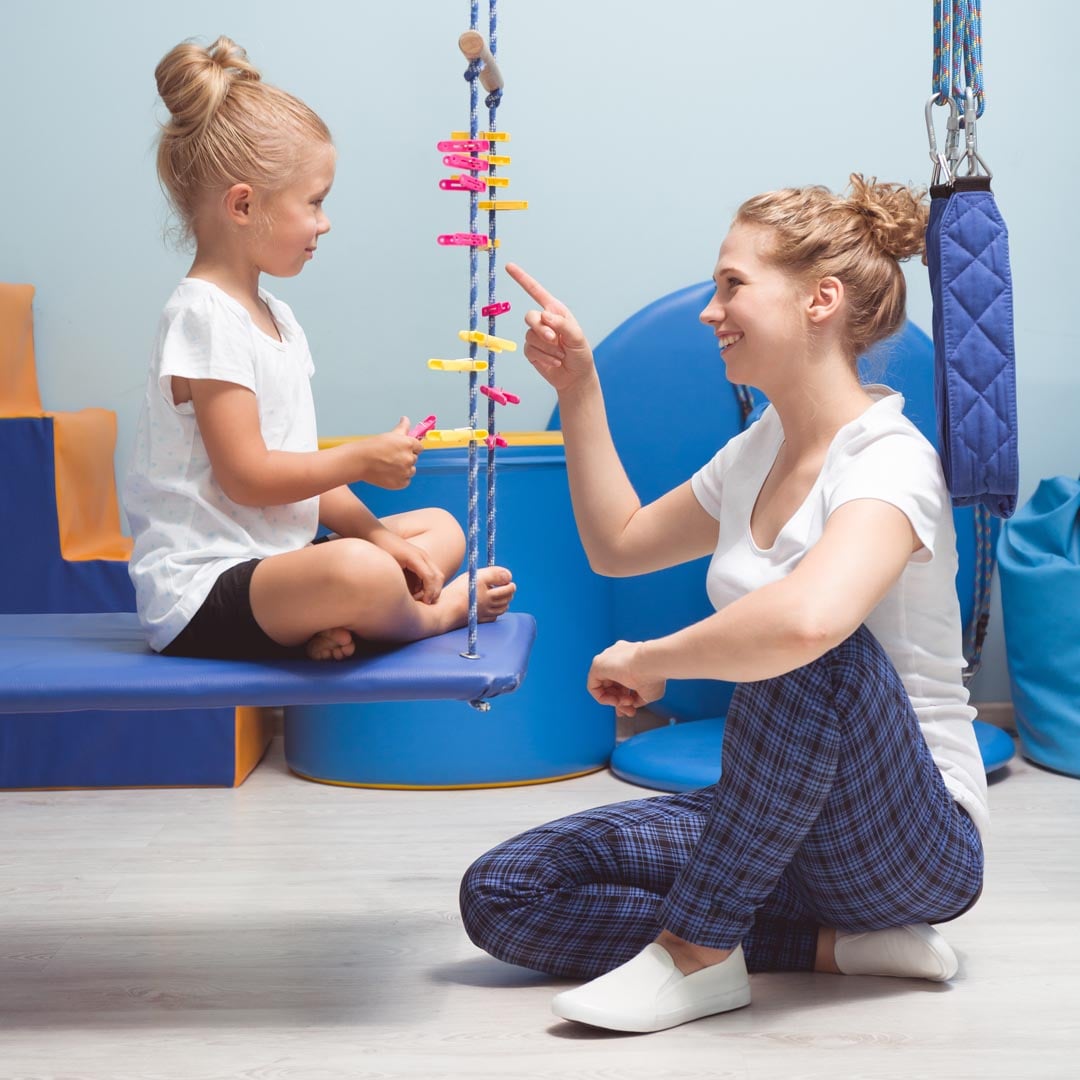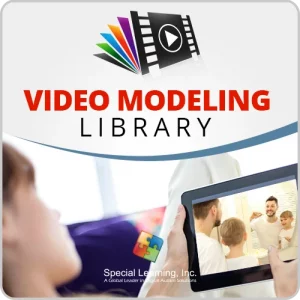How to Be an Applied Behavior Analysis Therapist
As an ABA behaviorist, you will be using Applied Behavior Analysis to take care of children diagnosed with autism. You will set up reward systems that help reinforce the behavioral and social skills that have been taught. According to the National Institute of Child and Human Development, ABA is a viable method of treating the various conditions falling under Autism Spectrum Disorders.
There are professional organizations that offer certifications for therapists that already have a Ph.D. or master’s degree in relevant fields such as Early Child Development or Psychology. You are specifically required to study the principles of applied behavioral analysis or psychology in general. However, there are different ABA courses depending on your level of education.
The Widely Recognized ABA Credentials Include:
- Board Certified Assistant Behavior Analyst (BcABA)
- Board Certified Behavior Analyst – Doctorate (BCBA-D)
- Board Certified Behavior Analyst (BCBA)
You can receive these credentials if you hold either a bachelor’s or master’s degree and are attending relevant classes. BcABA requires a bachelor’s degree while BCBA requires a master’s degree.
There are both bachelor’s and master’s ABA degree programs that you can take. You can take a Bachelor of Science in Behavior Analysis or Bachelor of Arts in Psychology majoring in ABA. The programs usually require that you complete coursework in Social Science, English, Fine Arts, Foreign Language, Computer, and Science.
Some Of The Things You Will Cover During Your Coursework Include:
- Behavior Principles
- History of Applied Behavior Analysis
- Psychology Statistics
- Data Collection and Analysis
- Organizational Behavior Management
- Techniques and Strategies in Behavioral Intervention
The Master’s ABA Programs Include:
- Cognitive Psychology
- Functional Assessment
- Biological Foundations of Behavioral Disorders
- Learning and Behavior Analysis
- Stimulus Control
Apart from these educational requirements, you must be very dedicated, particularly if you intend to work with children diagnosed with autism, a field that requires a great deal of patience. You must also genuinely love this field, as this is not just another job but a cause. You must be able to make assessments impartially. Additionally, excellent communication skills are essential, no matter which area you expect to work in. On top of all these, you must be committed to taking further ABA learning on a regular basis so that you will always be up to date with the latest developments and techniques.
ABA Training Will Qualify You To Work In Areas Such As:
- Using the ABA approach to treat children with autism.
- Teaching parents of children with autism how to use the ABA approach.
- Teaching ABA techniques to college students.
- Workplace setting dealing with employee performance
ABA training allows you to work at a social service organization, consulting firm, school, or independently.
Copyright © by Special Learning Inc. All right reserved.
No part of this article may be reproduced in any manner whatsoever without written permission except in the case of brief quotations embodied in critical articles and reviews. For information, contact Special Learning Inc., at: contact@special-learning.com








